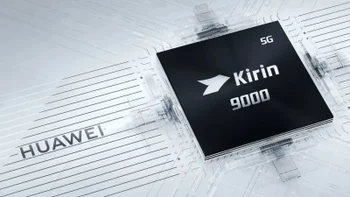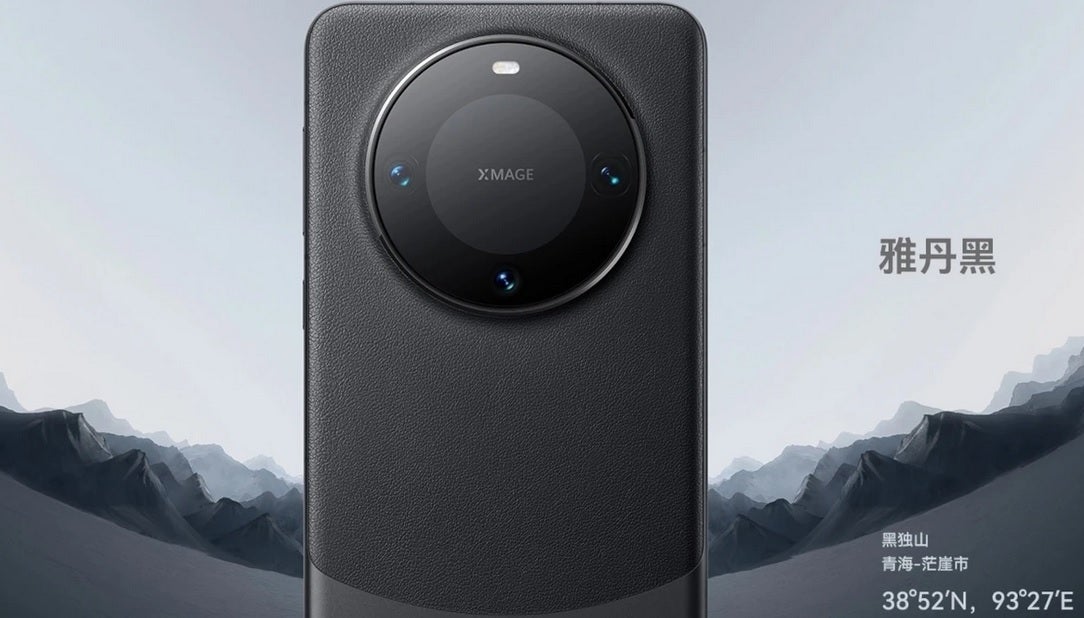Some House Republicans want tighter sanctions placed on Huawei, criminal charges on executives

Republicans in the House are seeking to tighten U.S. restrictions on Huawei after the latter introduced its latest flagship phone, the Mate 60 Pro, using 5G chipsets manufactured by China's largest foundry, SMIC, using its 7nm process node. Back in 2019 and 2020, the U.S. restricted Huawei from accessing its U.S. supply chain, including Google, and prevented foundries using American technology from shipping 5G chips to the company.
2020's Mate 40 line was the last to use Huawei's homegrown Kirin 5G chips
The last time Huawei was able to ship a flagship phone that contained its own 5G chip was in 2020 with the Mate 40 line. Since then, it has used the Snapdragon 8+ Gen 1 SoC from Qualcomm that were tweaked to prevent them from working with 5G signals. The GOP senators in the House are looking to place full restrictions on Huawei by stating that the company used American technology to get the Kirin 9000S 5G chipsets that are used on the Mate 60 Pro.

Because of the Mate 60 series, House Republicans want full sanctions placed on both Huawei and China's largest chip foundry SMIC
10 Republican representatives wrote a letter to Alan Estevez, the undersecretary for industry and security at the Commerce Department, stating that the introduction of Huawei's new phone shows that existing restrictions against Huawei are not effective. The company is considered a national security threat in the U.S. over concerns that its devices and networking equipment spy on U.S. corporations and consumers. Huawei has repeatedly denied these allegations.
The group of 10 GOP House members, led by House Foreign Affairs Chairman Michael McCaul, also includes the leaders of the Energy and Commerce, Armed Services, and China Select Committees; the group wants to be briefed no later than September 28th by the Commerce Department's Bureau of Industry and Security along with the Departments of Defense, State, and Energy.
The letter written by the lawmakers says, "Due to the ubiquity of US-origin technology throughout the semiconductor supply chain, these reports suggest a violation of US export control regulations. We are extremely troubled and perplexed about the Bureau of Industry and Security's (BIS) inability to effectively write and enforce export control rules against violators, especially China."
GOP House members want existing licenses revoked and new license requests denied
The letter goes on to suggest that the U.S. issue full sanctions against Huawei and SMIC and block SMIC chips from being imported into the U.S. It also suggests that all current licenses be revoked, new licenses denied, and criminal charges be sought against executives of both Huawei and SMIC.
The Commerce Department is investigating the Kirin 9000S chipset. While SMIC was able to produce basic 7nm chips in 2022, these were basic components made for cryptocurrency miners, not for smartphones. The Commerce Department has not yet said whether SMIC violated U.S. sanctions to produce the Kirin 9000S chips.
The GOP House members have been among those seeking to have the administration stop licensing any tech shipments to Huawei. Through the licensing program, the company was able to obtain the 4nm Snapdragon 8+ Gen 1 4G chips that powered last year's Mate 50 series and this year's P60 line. The Kirin 9000S is being hailed by Chinese state media as a strong indication that the country can produce cutting-edge silicon despite the restrictions being placed on it by the U.S.
Shipments of the Mate 50 line hit 1.8 million after four months compared to the 2.6 million units of the Mate 40 line and 7.3 million Mate 30 series phones shipped during the same time period. Huawei is expecting to ship as many as 4 million units of the Mate 60 Pro in the first four months after its launch. Chinese newspaper Securities Daily says that Huawei is riding the wave of patriotism created by Huawei's new phone and raised its shipment target by 20% for the second half of this year.














Things that are NOT allowed: